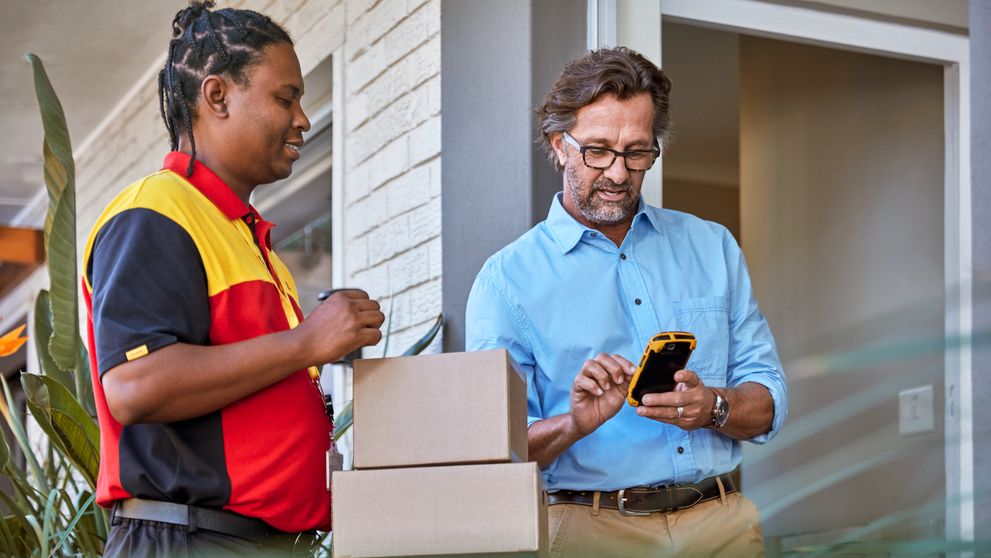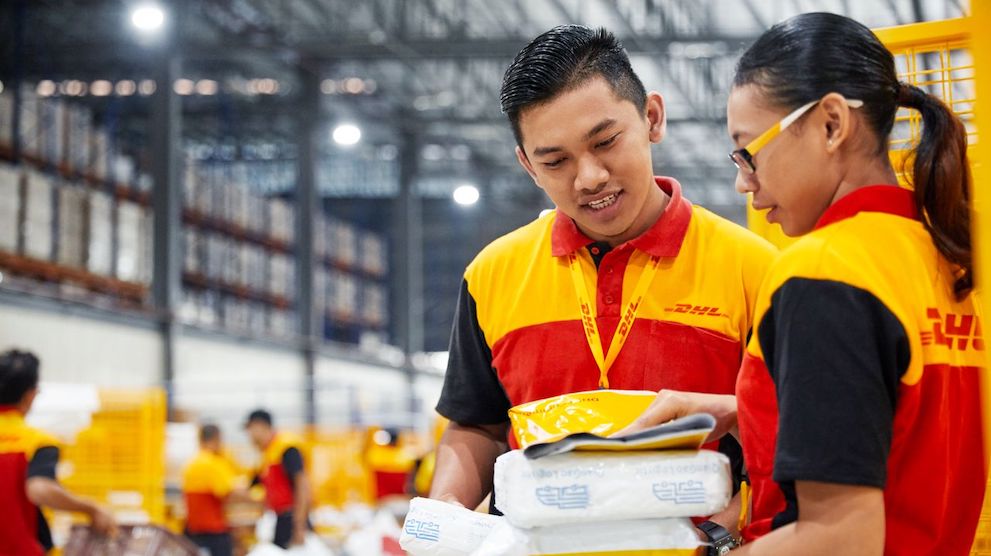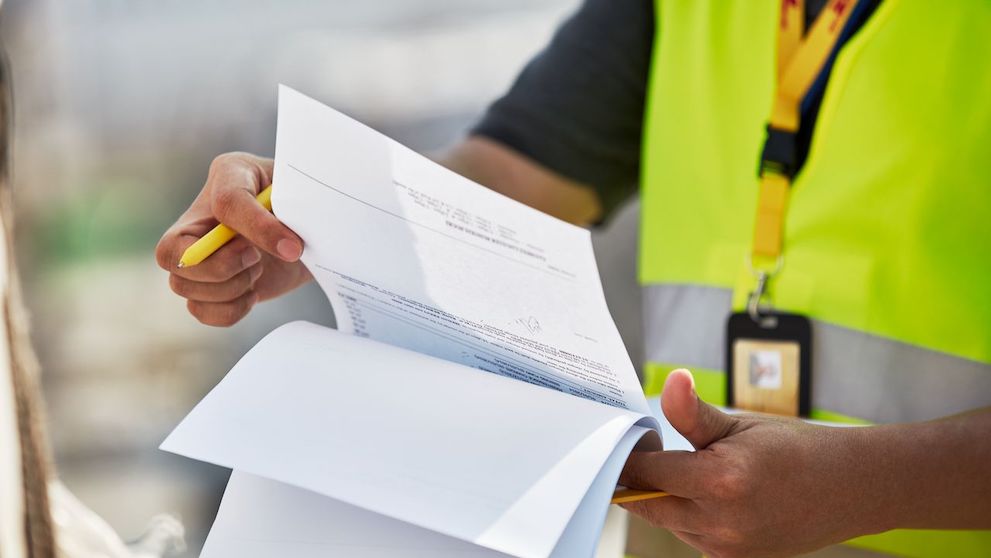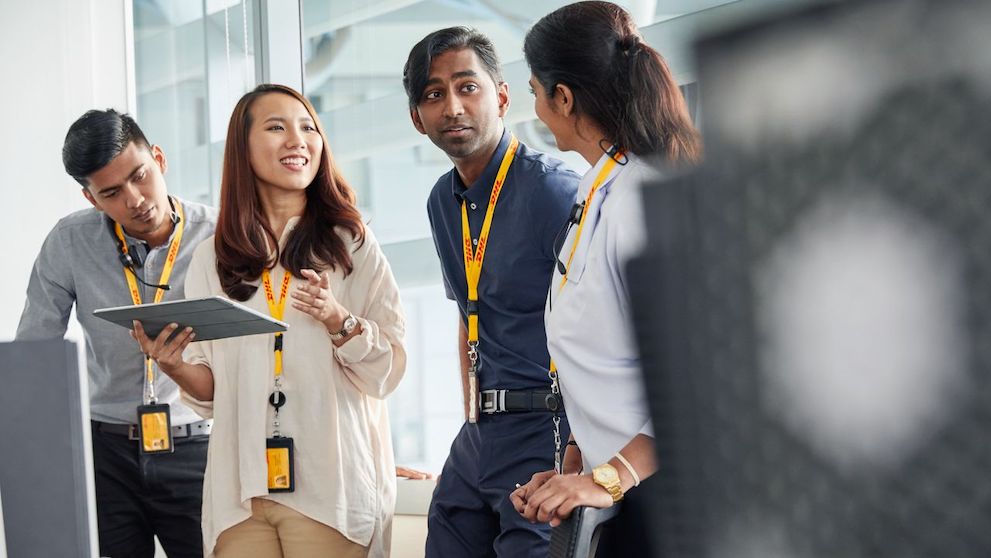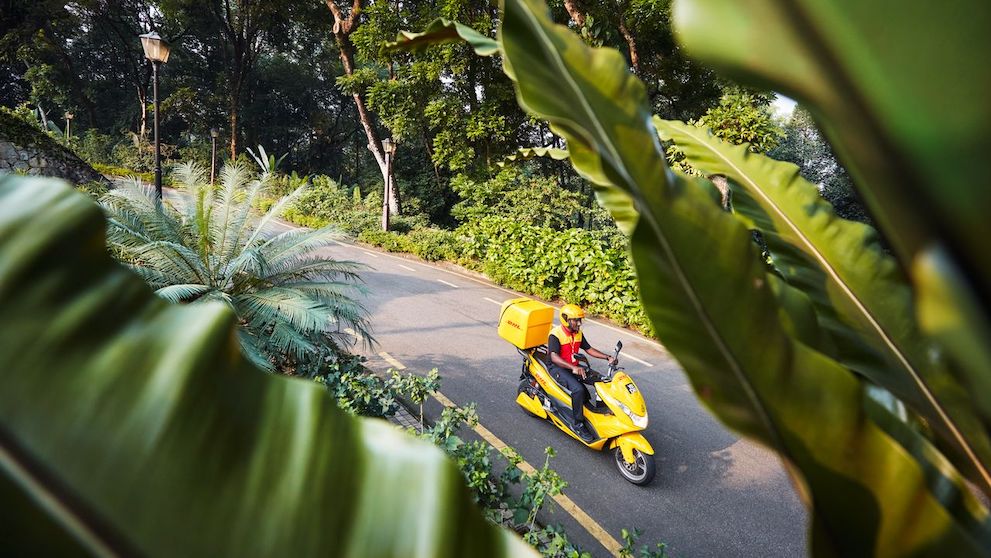With the Indian Premier League (IPL) underway, attention turns to what happens off the field as much as on it. Teams such as Chennai Super Kings and Mumbai Indians rely on more than just skill and training; logistical support is a cornerstone of their preparation and success. The logistics behind managing an IPL team involve detailed coordination and execution to ensure everything from equipment to personnel is where it needs to be, when it needs to be there.
An IPL team’s performance is as much about preparation as it is about execution. Essential gear, including cricket bats, helmets, and training equipment, must be readily available and in top condition. This article sets the scene for understanding the depth of logistics that goes into supporting such high-profile teams, ensuring they have everything required for training sessions and match days.
Player equipment
Athletes depend on receiving their cricket gear unblemished and on time to ensure they can perform their best. Ensuring that players receive their equipment intact and on schedule demands meticulous handling. For example, helmets, gloves, and guards must be wrapped securely in bubble wrap, with any gaps in the packaging filled with foam. This prevents movement inside the box during transport, safeguarding the equipment's condition. The selection of a box that precisely fits the kit eliminates the risk of damage from excessive jostling.
Services like same-day delivery and last-mile delivery also take the field, providing a swift solution to last-minute challenges. Whether it's a replacement for damaged gear or additional supplies needed unexpectedly, this flexibility is crucial. It demonstrates the logistical agility required to maintain the continuity and competitiveness of teams in the fast-paced environment of the Indian Premier League, ensuring that logistical hurdles never compromise the game's integrity.
Cricket training equipment
Moving training equipment such as spare cricket bats, practice balls, fitness gear, and communication devices requires a logistics operation that is both efficient and agile. Given the volume of sports gear and its propensity to wear out or break, a systematic approach to cataloguing each item is essential. This ensures a comprehensive understanding of what is available and what needs replenishment, facilitating smooth continuity in training sessions.
The logistics do not stop at delivery; they extend to on-the-ground logistics and return logistics. This encompasses arranging transportation for moving gear from the port to the training ground and stadium, and then back to the home base or on to the next match venue. Such a cycle demands meticulous planning and coordination to ensure that all equipment is ready and available for players, whether for a training session or a competitive match.
Harmonised System (HS) code reference for shipping cricket gear
- Cricket Bats: HS Code 9506.59
- Cricket Balls: HS Code 9506.61
- Cricket Pads: HS Code 9506.99.20
- Cricket Gloves: HS Code 9506.99.90
- Cricket Helmets: HS Code 6506.99
Nutrition supplies
Beyond training, the foundation of a winning cricket team is also built on sports nutrition. Healthy meal plans are pivotal, providing players with the necessary nutrients to recover and strengthen for upcoming matches. This aspect of logistics, focusing on the diet, plays a crucial role in player performance and overall team success.
Ensuring the timely and safe delivery of these nutrition supplies, especially perishable goods, calls for climate-controlled transport. Selecting a courier service adept at handling such goods is critical, with options for same-day delivery ensuring freshness upon arrival in India. Long-distance deliveries rely on refrigerated transport to prevent spoilage, underscoring the importance of choosing a logistics partner with the right capabilities.
Coordination with the team’s logistics staff for on-site delivery at training facilities, hotels, or match venues is vital. Additionally, securing proper storage facilities at these destinations ensures that nutrition supplies remain fresh and safe for consumption, supporting the athletes’ dietary needs effectively.
Medical equipment
The availability of medical supplies and the transportation of physiotherapy equipment represent a significant logistical challenge, crucial for maintaining player health and well-being. The size and complexity of physiotherapy equipment often require custom handling solutions and expert installation, demanding a logistics partner with specialised experience.
Packaging for medical supplies and equipment must be chosen with care to prevent any damage or contamination during transit. This is especially true for sensitive electronic physiotherapy devices, which necessitate special handling procedures to ensure they arrive in perfect working order.
For the nationwide transport of such critical items, selecting a logistics service that offers safe, reliable, and timely delivery options is key. This may include the use of refrigerated transport for temperature-sensitive medical supplies. Additionally, the availability of same-day delivery or efficient courier services in India is essential for meeting urgent needs, ensuring that cricket teams have immediate access to medical supplies and equipment when required to be in top form for the sport.
Best practices in sports logistics
Managing the diverse and time-sensitive logistics requirements of sports teams demands a comprehensive approach. Adhering to best practices ensures that all equipment and supplies are delivered safely, on time, and in optimal condition.
Logistics best practices for time-sensitive sports equipment and supplies
- Advanced planning and coordination: Schedule deliveries well in advance and coordinate with all partners.
- Reliable supply chain partners: Choose partners with a proven track record in sports logistics and time-sensitive deliveries. Ensure to arrange backup supplies and transporters for emergencies.
- Specialised packaging: Use robust packaging for different types of cricket equipment to prevent damage. For perishable goods and medical supplies, arrange for temperature-controlled packaging.
- Customs and compliance: Ensure all shipments comply with international regulations. Prepare and maintain the necessary documentation for smooth customs clearance into India.
- Real-time tracking: Utilise online tracking systems for real-time visibility of shipments. Communicate tracking information to your relevant team members for planning and coordination.
- Rapid response capability: Implement same-day delivery options for urgent needs, and have contingency plans for last-minute changes or emergencies.
- Secure storage solutions: Arrange secure and accessible storage at venues. For food products and other sensitive items, ensure that storage spaces have the appropriate control of temperature or humidity where necessary.
- Inventory management: Maintain an accurate inventory of equipment and supplies. Regularly review and adjust inventory levels based on team needs and schedule.
- Quality control: Regularly check the condition of equipment and replace or repair as needed. Replace or repair faulty items promptly to avoid disruptions.
- Feedback loop: Gather and act on feedback to continuously improve logistics processes.
- Training and awareness: Train team members and staff on the logistics procedures, especially for handling and accessing equipment and supplies. Promote awareness of the importance of logistics in supporting peak performance.
Essential documentation for customs clearance
Ensuring smooth customs clearance requires careful preparation and maintenance of the necessary documentation. This includes:
- Commercial Invoices: Detailed invoices that describe the shipment's contents and value.
- Packing Lists: Comprehensive lists detailing every item within the shipment.
- Certificates of Origin: Documents proving where each item was manufactured.
- Import Licenses: Required for certain goods entering a country, depending on local laws.
- Freight and Insurance Documents: Proofs of freight arrangements and insurance coverage for the shipment.




